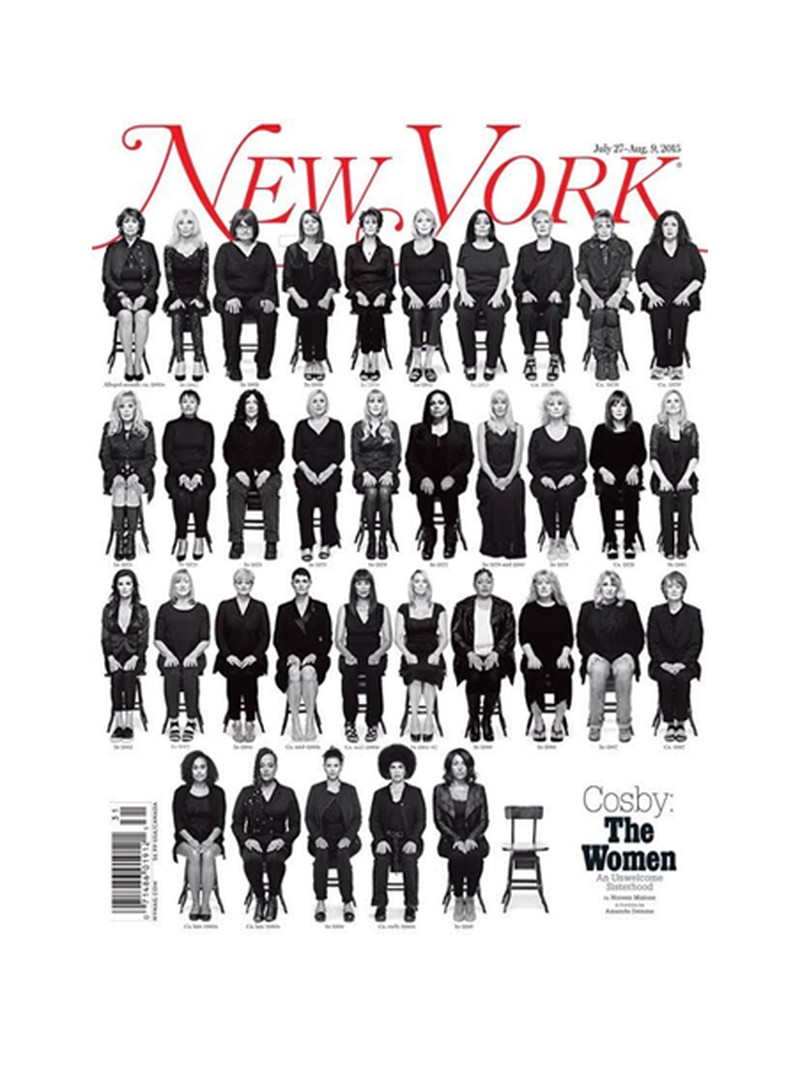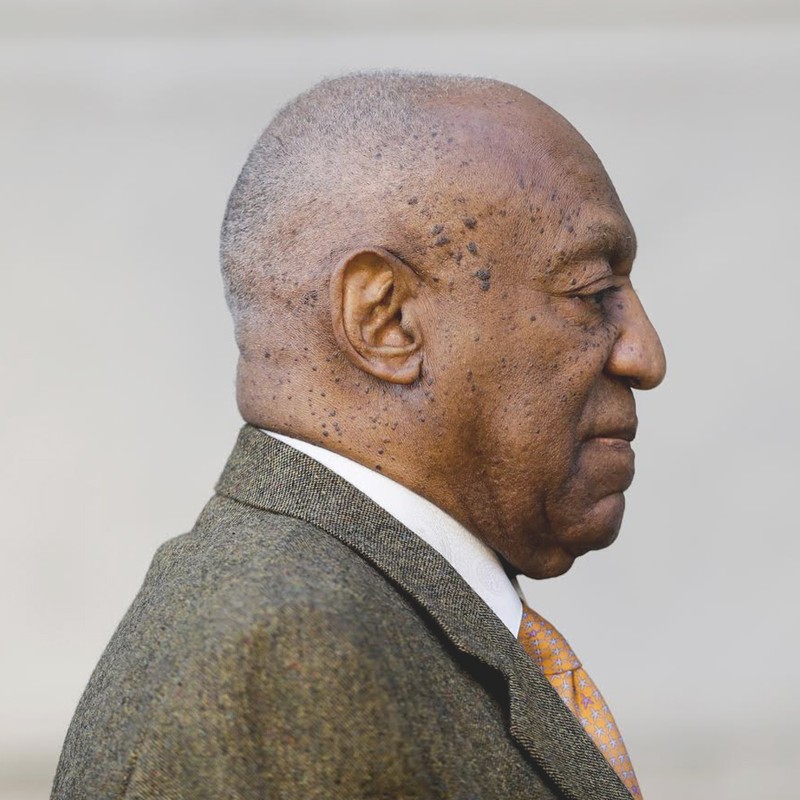How The #MeToo Movement Brought Bill Cosby To Justice
In January 2004, Bill Cosby drugged and sexually assaulted Andrea Constand after inviting her to his home for dinner. A director of basketball operations at Temple University, Constand trusted Cosby – an influential Temple alum, who acted as somewhat of a mentor towards the then 30-year-old. She arrived at his home to seek advice on a potential career change. He offered her pills to help her relax. But the pills, that Cosby claimed were ‘herbal’, left Constand incapable of movement or speech; they made her “dizzy, blurry-eyed and sick to her stomach.” It was then that Cosby sexually assaulted her.
Constand didn’t report the assault at first due to the emotional trauma and “an element of fear," but after being plagued with stressful nightmares she filed a police statement in January 2005. Her allegations and subsequent civil suit against Cosby (filed as law-makers declined to bring criminal charges against him due to “insufficient credible and admissible evidence”), prompted 13 other women to come forward with their own similar claims.
Today, almost 60 women have accused Bill Cosby of sexual assault. The allegations span three generations, five decades and thousands of miles across America – but the pattern is always the same. It wasn’t until May 2016, when Judge Elizabeth McHugh determined the prosecutors had enough evidence, that Cosby was finally ordered to stand trial in a criminal case.
But despite police reports dating back to 2000, and multiple allegations from 2005 onwards, Cosby’s victims were largely ignored. Publications refused to cover the women’s claims, celebrities came to his defence and a number of prestigious organisations continued to honour Cosby with awards and accolades – in 2006 he was described as a “true humanitarian role model” and inducted into the NAACP Image Awards Hall of Fame. In 2009 he received the 12th Mark Twain Prize for American Humour and the Marian Anderson Award, which “honours critically acclaimed artists who have impacted society in a positive way”. 2011 saw him recognised as an honorary Chief Petty Officer in the United States Navy.

It wasn’t until July 2016 when New York magazine put 35 Cosby accusers on the cover, along with an empty chair to represent the victims yet to come forward, that things finally began to change. In December 2015, Cosby was charged with three counts of aggravated indecent assault and a trial was held last June – four months before the bombshell accusations against Harvey Weinstein’s rampant sexual abuse were revealed and five months before Alyssa Milano revived Tarana Burke’s ‘Me Too’ movement from 2006, turning the phrase into a hashtag, then a rallying cry. The jury deliberated for 50 hours but failed to reach a verdict.
But just minutes after the mistrial was declared, Montgomery County District Attorney Kevin Steele announced his plans to retry Cosby. And on 9th April 2018, so begun the first big celebrity trial of the #MeToo era.
While Cosby’s defense raised concerns about the effect of the #MeToo movement on a jury, Judge O’Neill “scoffed” at the notion that it would undermine Cosby’s right to a fair trial. On the first day of jury selection, only one of the 120 potential jurors screened said he was unfamiliar with #MeToo.
At the first trial – also judged by O’Neill – only one of Cosby’s accusers, Kelly Johnson, was allowed to testify alongside Andrea Constand as a ‘prior bad acts’ witness. This time around, five women were granted permission to take the stand alongside Constand. They were Heidi Thomas, Chelan Lasha, Lise-Lotte Lublin, Janice Dickinson and Janice Baker-Kinney.
When the guilty verdict was revealed yesterday after 14 hours of deliberation, lawyer Gloria Allred – who represented dozens of Cosby’s accusers – thanked the jury for convicting him. “We are so happy that finally we can say women are believed,” she said. “And not only on ‘Me Too,’ but in a court of law where they were under oath, where they testified truthfully, where they were attacked, where they were smeared, where they were denigrated, where there were attempts to discredit them and after all is said and done, women were finally believed and we thank the jury so much for that.”
DISCLAIMER: We endeavour to always credit the correct original source of every image we use. If you think a credit may be incorrect, please contact us at info@sheerluxe.com.


